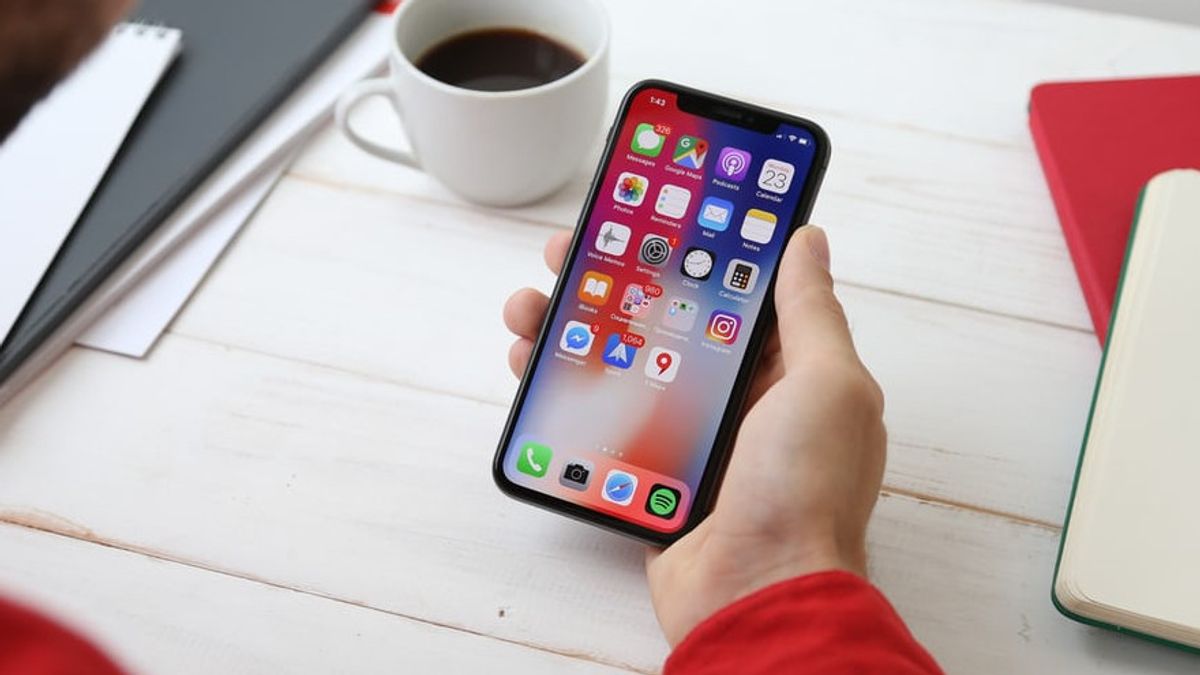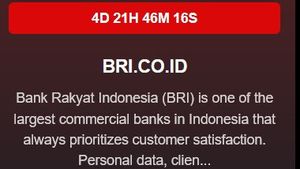JAKARTA - Cybercrimes are often triggered by our negligence, so strong passwords are very important for the security of your personal data.
You even need unique passwords for each of your social media, bank accounts, streaming services, and apps. But our bad habit of using the same login credentials for all accounts.
If your data is compromised, a weak password can have serious consequences such as identity theft. For that, the following VOI explains how to create and manage the best passwords so that you are always safe when in cyberspace.
1. Use Password Manager to Track Passwords
Strong passwords are usually longer than eight characters, are difficult to guess, and contain a variety of characters, numbers, and special symbols. It can be difficult to remember, especially if you use a different login for each site. This is where password managers come in handy.
You can try a trusted password manager like 1Password or Bitwarden which can generate and store your passwords. They can be operated on desktop and mobile.
2. Find Out If Your Password Has Been Cracked
You can't always stop leaking your passwords, whether through data breaches or malicious hacks. However, you can check at any time for clues that your account may be compromised.
Mozilla Firefox Monitor and Google Password Checkup can show you which email addresses and passwords have been compromised in a data breach so you can take action. Have I Been Pwned site can also show you if your email and password have been exposed.
3. Avoid Common Word and Character Combinations
It aims to create a password that no one else will know or easy to guess. Stay away from generic words like my password and predictable character sequences like qwerty.
Also avoid using your name, nickname, your pet's name, your birthday or anniversary, your street name, or anything related to you that someone could find out from social media.
4. Create a Longer Password
Actually, eight characters is a good password to start with. The Electronic Frontier Foundation and security expert Brian Krebs recommend using a passphrase of three or four random words for added security.
VOIR éGALEMENT:
However, longer passphrases consisting of unlinked words can be difficult to remember, which is why you should consider using a password manager.
5. Use Two-Factor Authentication, But..
If a thief steals your password, you can still prevent them from gaining access to your account with two-factor authentication, also called two-step verification or 2FA, security protection that requires you to enter the second piece of information that you only have (usually a one-time code) before the application or service input you.
This way, even if hackers uncover your password, without your trusted devices (such as a phone and a verification code confirming it's you), they won't be able to access your account.
While it's generally more convenient to receive these codes in a text message to your phone, it's fairly simple for hackers to steal your phone number via SIM swap scams and then intercept your verification code.
A much safer way to receive verification codes is for you to generate and retrieve them yourself using an authentication app such as Authy, Google Authenticator or Microsoft Authenticator. And once you're ready, you can choose to register your device or browser so you don't have to keep verifying it every time you sign in. This is quoted from CNET, Monday, May 23.
The English, Chinese, Japanese, Arabic, and French versions are automatically generated by the AI. So there may still be inaccuracies in translating, please always see Indonesian as our main language. (system supported by DigitalSiber.id)















